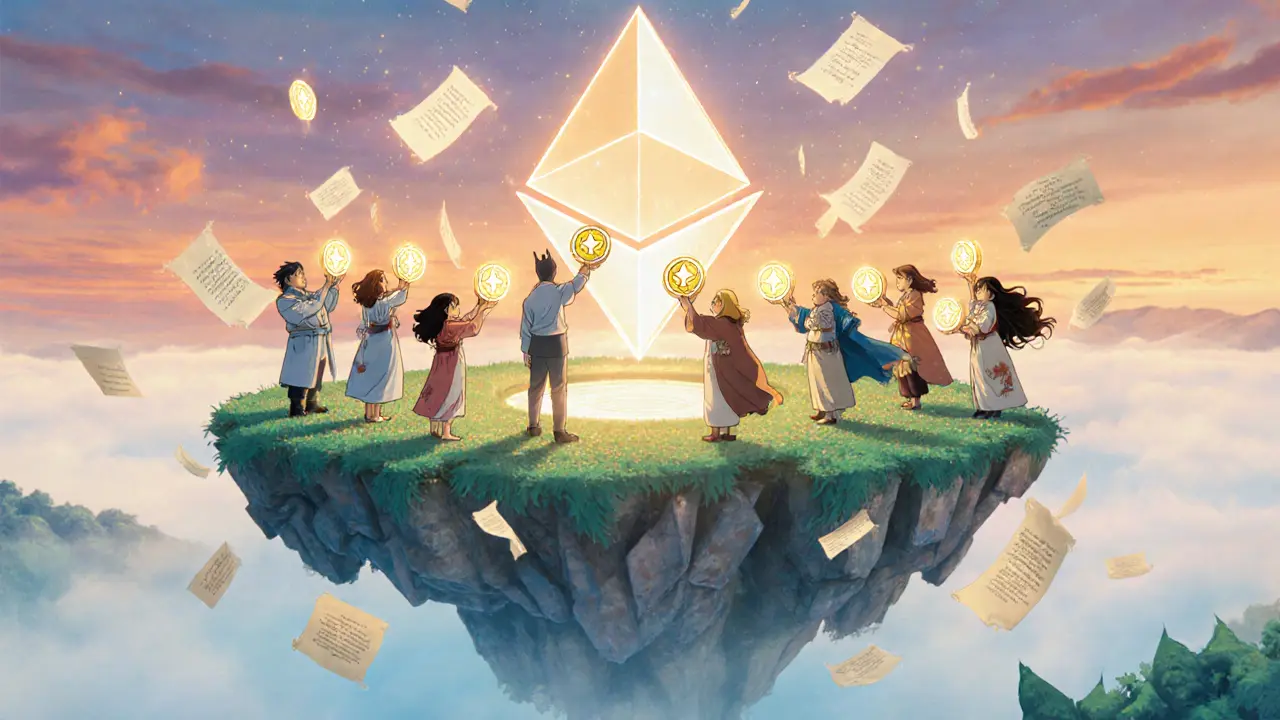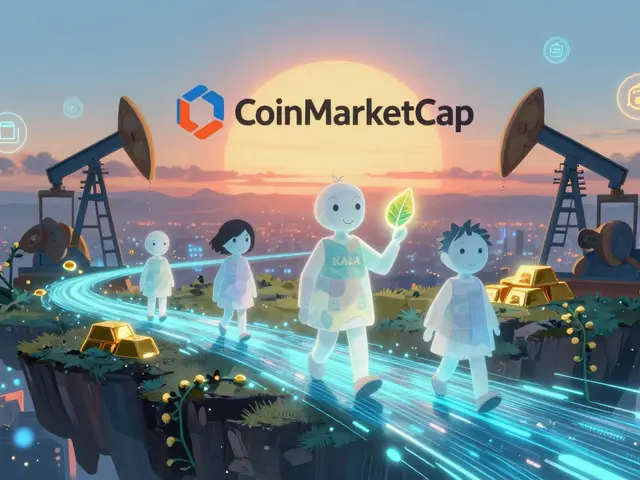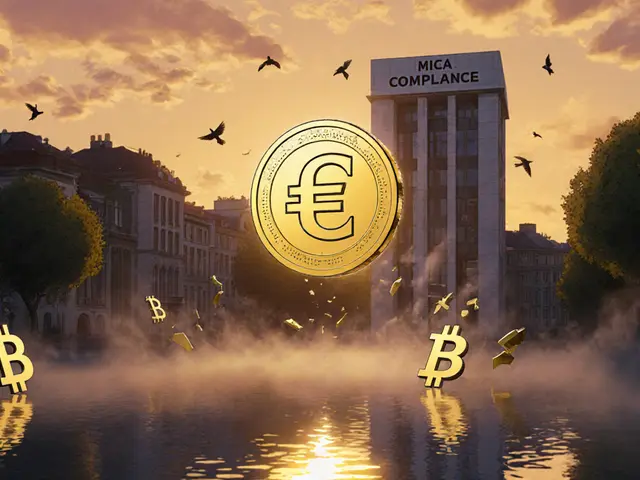Token-Based Voting: How Crypto Governance Really Works
When you hold a crypto token, you’re not just owning a digital asset—you might also hold a token-based voting, a system where token ownership grants decision-making power in a blockchain project. Also known as governance voting, it’s how communities decide on upgrades, treasury spending, or even rule changes without a central boss. This isn’t theoretical—it’s how projects like Uniswap, Aave, and Compound actually run. But here’s the catch: owning 1% of the tokens doesn’t always mean you get 1% of the say. Big holders, often insiders or early investors, control most votes, and regular users rarely bother showing up.
Token-based voting is built on DAO voting, a decentralized autonomous organization structure where rules are coded and decisions are made by token holders. These systems rely on smart contracts to tally votes and execute outcomes automatically. But they need participation. If only 5% of token holders vote, the whole system runs on a tiny fraction of the community. That’s why many DAOs fail: people think their vote doesn’t matter, so they don’t show up. Then the same few wallets push through changes nobody asked for.
It’s not just about who votes—it’s about what they vote on. Some projects use token-based voting to approve new features. Others use it to decide where to spend millions in treasury funds. And some? They use it to change the tokenomics, dilute supply, or even shut down the whole project. That’s why you need to understand the blockchain governance, the framework of rules and processes that determine how a blockchain network evolves over time behind any project you’re invested in. If the voting rules aren’t clear, or if the token distribution is lopsided, you’re not an owner—you’re a spectator.
Real-world examples show the risks. Shido DEX and KodexPay both had token holders who voted on changes that tanked the project’s value. Meanwhile, projects like Morpheus and ExzoCoin 2.0 rely on token-based voting to decide who gets rewards, how computing power is paid out, or which airdrops get funded. These aren’t abstract ideas—they’re daily decisions that affect your wallet. And if you’re not paying attention, someone else is deciding your financial future for you.
Token-based voting sounds democratic. But in practice, it’s often a power play disguised as consensus. The best projects make voting simple, transparent, and worth your time. The worst? They use it to legitimize decisions that only benefit a handful of insiders. That’s why you need to know how it works before you buy in. Below, you’ll find real reviews and breakdowns of projects where token-based voting shaped the outcome—good and bad. Some worked. Most didn’t. You’ll see exactly what to look for—and what to run from.
DAO Governance Token Models Explained: How Voting Power Works in Decentralized Organizations
Governance tokens let token holders vote on decisions in decentralized organizations. Learn how token-based, reputation, and hybrid models work, the risks of plutocracy, and how to start participating in DAO voting.





